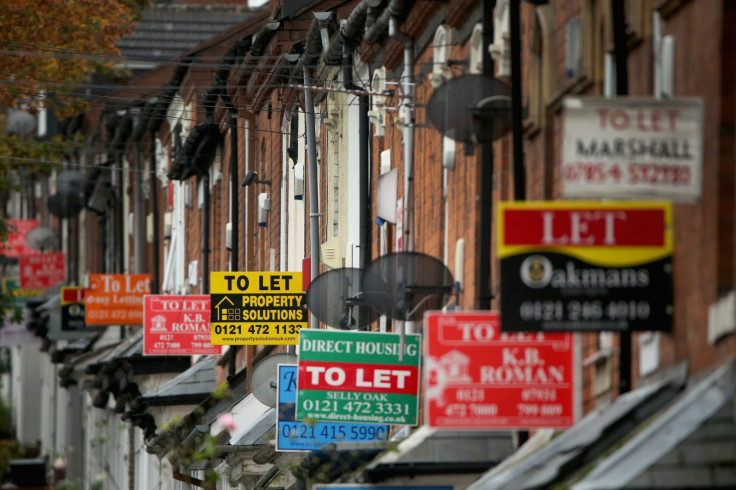Big slump in demand from buyers as house prices peak, warns boss of UK's biggest estate agents

Paul Smith, the boss of the UK's biggest estate agent chains, has given a stark warning of a big slump in demand from buyers and that the prices of houses have now peaked, it was reported on Wednesday (25 May).
Smith's company operates Haart, Felicity J Lord, Spicer McColl and Darlows across the UK. "We are starting to see a big slump in buyer demand with registrations down a huge 46% across the UK in just one month," he said, according to a report by The Guardian.
"We believe the nation has now neared the limit in terms of price rises. Our data is already showing a slowdown in both house price growth and transaction levels. In order to maintain healthy sales levels sellers need to be much more realistic with their asking prices - properties are in danger of being overvalued and these homes will struggle to sell," he said.
House prices have been seen a 12% rise, year-on-year, to a record price of just over £234,000 for an average home. This is nearly nine times the average UK income, the Guardian says.
Figures from the HM Revenue & Customs service showed that the number of house sales in April 2016 fell dramatically compared to that in March, when there was a rush to beat higher stamp duties on second homes. In April, only 70.690 residential properties were sold compared with 173,430 units in the month previous.
However, property experts have dismissed the April figures, noting that it was only to be expected after the sharp rise in March. David Brown from Marsh & Parsons said: "After most peaks comes a corresponding trough. The goalposts simply changed overnight, making it incomparable to an extremely hectic March, which was characterised by unparalleled activity from second home owners and buy-to-let investors rushing through completions."
The paper said potential buyers are expected to put off buying properties pending the EU referendum. This may lead to a short term fall in the price of houses. And in April next year, there will be another cut in tax relief for buy-to-let owners and this is likely to further dampen the appetite for residential property.
Nationwide Building Society has also warned that buy-to-let borrowers would also be facing tighter requirements when seeking mortgages. But not all may be gloomy. Some believe that first-time buyers may actually fill the gap left by landlords and prop up house prices.
Data company Moneyfacts notes that the average interest rate on a 90% mortgage has fallen from 5.97% in 2011 to 3.01%. Doug Crawford from conveyors MyHomeMove told The Guardian that buyers are now being "given a boost by extremely attractive mortgage rates which support borrowing."
© Copyright IBTimes 2025. All rights reserved.






















